miProtecting our skin from the sun's harmful rays is crucial for maintaining healthy skin and preventing long-term damage. However, many people are unaware that various factors can decrease the effectiveness of sunscreen, leaving them more vulnerable to sun damage than they realize. To shed light on this important topic, experts at Universal Drugstore have compiled a comprehensive guide to help people understand these factors and take better care of their skin.

Jamie Winn PharmD, the medical director at Universal Drug Store, stresses the importance of taking a holistic approach to sun safety. This approach goes beyond simply applying sunscreen and involves a combination of strategies to ensure maximum protection. One of the key recommendations is choosing a broad-spectrum sunscreen with an SPF of 30 or higher. This type of sunscreen offers protection against both UVA and UVB rays, which are responsible for different types of skin damage.
However, selecting the right sunscreen is just the first step. Winn emphasizes that proper application is equally important.
Many people underestimate the amount of sunscreen needed for adequate protection. It's recommended to apply sunscreen generously, covering all exposed areas of skin.
Additionally, reapplication is crucial, as sunscreen can wear off due to various factors such as sweating, swimming, or simply the passage of time. Experts advise reapplying sunscreen at least every two hours, or more frequently if you're engaging in water activities or sweating excessively.

Another key aspect of sun safety is being mindful of when and where you're exposed to the sun. The sun's rays are strongest between 10 a.m. and 4 p.m., so it's advisable to seek shade during these peak hours. This doesn't mean you have to stay indoors all day, but rather be more cautious and take extra precautions during this time. Finding shade under trees, umbrellas, or other structures can significantly reduce your direct sun exposure.
In addition to sunscreen and seeking shade, wearing protective clothing can provide an extra layer of defense against harmful UV rays. This includes wide-brimmed hats to protect your face, neck, and ears, as well as long-sleeved shirts and long pants made from tightly woven fabrics. Some clothing items even come with built-in UV protection, offering an added level of safety.
It's also important to be aware of reflective surfaces that can intensify sun exposure. Water, sand, and snow can reflect the sun's rays, increasing your overall UV exposure. This means you need to be extra vigilant about sun protection when you're at the beach, by a pool, or engaging in winter sports.

Staying hydrated is another often overlooked aspect of sun safety. Proper hydration helps your skin maintain its natural protective barrier and aids in recovery from sun exposure. Make sure to drink plenty of water throughout the day, especially when spending time outdoors in the sun.
Lastly, it's crucial to consider the cumulative effects of sun exposure over time. Even if you don't burn easily, repeated exposure to UV rays can lead to premature aging, skin damage, and an increased risk of skin cancer. This is why consistent, year-round sun protection is so important for maintaining healthy skin in the long term.

While these general sun safety tips are essential, there are several specific factors that can reduce the effectiveness of sunscreen and increase your risk of sun damage. Let's explore these in more detail
- Anti-aging products : Many popular skincare ingredients used for their anti-aging properties can actually increase your skin's sensitivity to sunlight. These include retinol, alpha-hydroxy acids (AHAs), beta-hydroxy acids (BHAs), and other exfoliants.
When these products are used, they can make your skin more susceptible to sunburn and irritation. Moreover, UV radiation can break down these active ingredients, reducing their anti-aging benefits. To get the most out of these products while protecting your skin, it's crucial to use them as directed (often at night) and to be diligent about applying a high-SPF sunscreen during the day.
2. Medications : Certain medications, particularly some antidepressants, can cause photosensitivity. This means they can make your skin more reactive to UV radiation, potentially resulting in sunburn, skin rashes, or other adverse reactions. Additionally, sunlight can affect the stability and effectiveness of these medications over time. If you're taking any medications, it's important to discuss potential sun sensitivity with your healthcare provider and follow their advice on proper storage and usage guidelines.
3. Antibiotics : Sun exposure can lead to photodegradation of antibiotics, a process where UV rays break down the molecular structure of the medication. This can decrease the effectiveness of the antibiotic or alter its properties. To prevent this, it's recommended to store antibiotics in opaque containers and minimize sun exposure while taking them. If you're on a course of antibiotics, be extra cautious about sun protection and follow your healthcare provider's advice.
4. Fragranced products : Many fragranced products, including perfumes and aftershaves, contain ingredients that can cause phototoxicity or photoallergy when exposed to sunlight. This can result in skin irritation, redness, or even burns. To minimize the risk of these adverse reactions, use fragranced products sparingly on sunny days and avoid applying them to areas that will be exposed to direct sunlight.
5. Diet : Surprisingly, certain foods and drinks can make your skin more sensitive to sunlight, increasing your risk of sunburn. Citrus fruits, alcohol, spicy foods, and high glycemic index foods are some examples. Additionally, processed and fried foods can promote inflammation in the body, which can affect your skin's ability to recover from sun exposure. While you don't need to completely avoid these foods, being aware of their potential effects can help you make informed decisions about your diet and sun exposure.

By incorporating these strategies into your daily routine and being mindful of the factors that can reduce sunscreen effectiveness, you can enjoy outdoor activities safely while protecting your skin from sun-related damage. Remember, sun safety is not just about avoiding sunburn – it's about preserving the health and appearance of your skin for years to come.


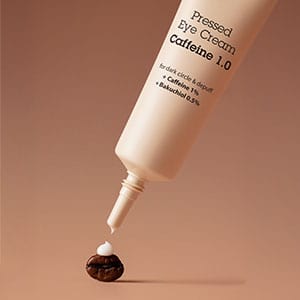
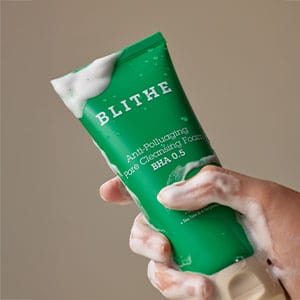
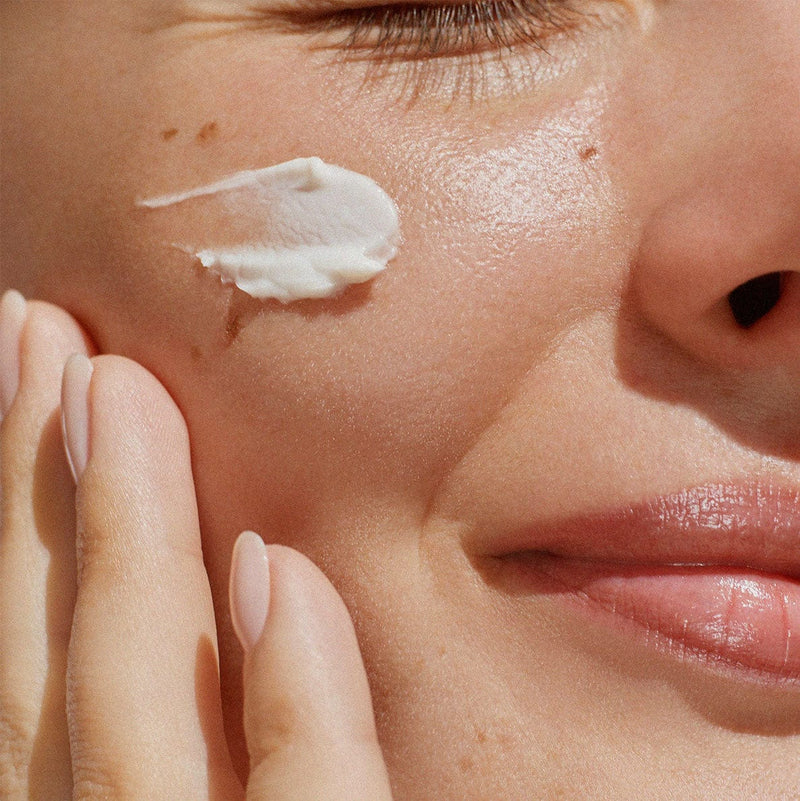

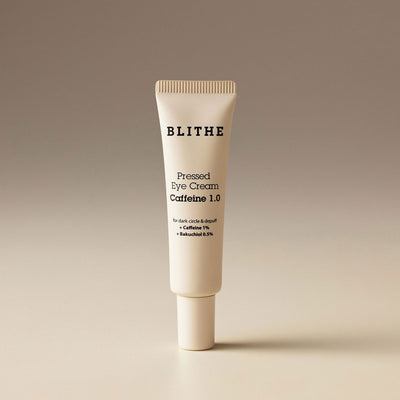
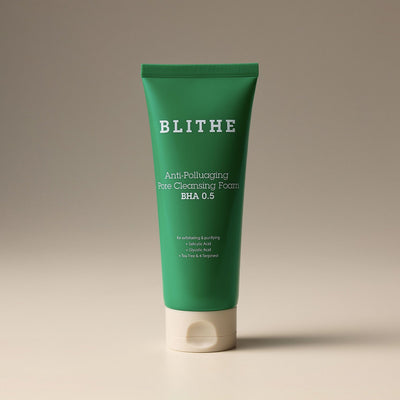
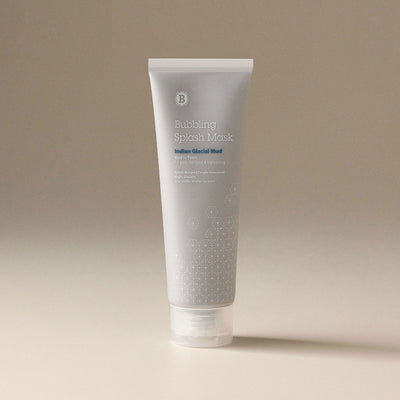
Leave a comment